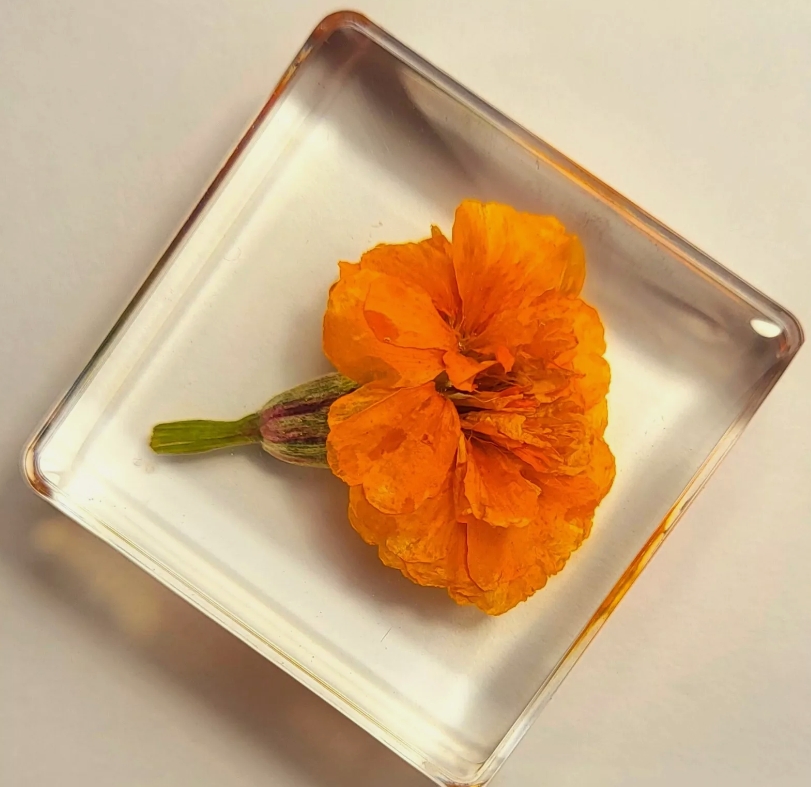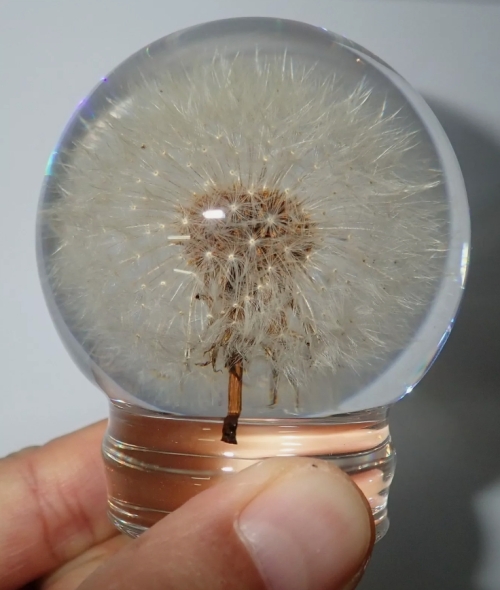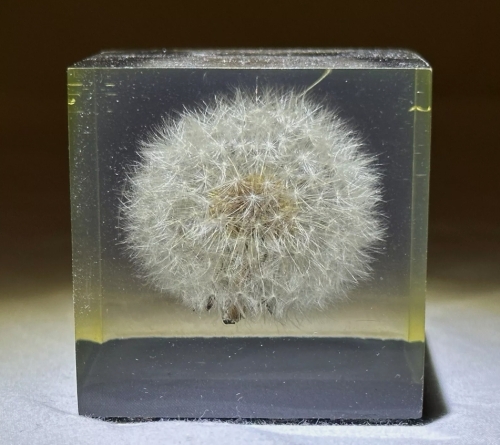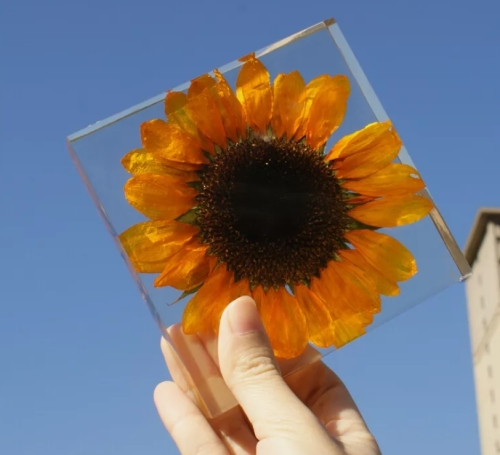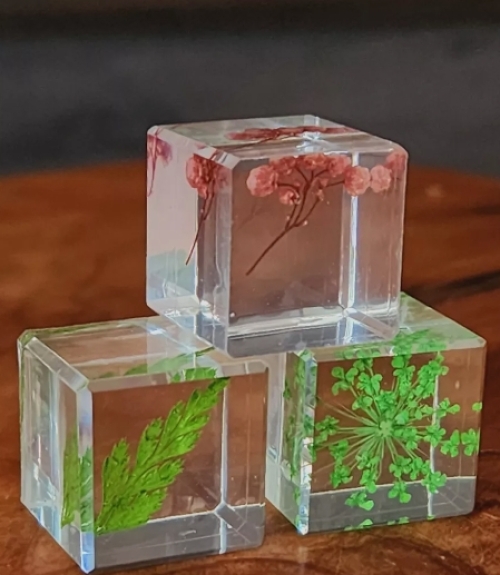One of the primary roles of plant specimens is in research and education. Botanists and ecologists rely on these preserved samples to identify and classify plants, track changes in distribution due to climate change, and assess the health of ecosystems. Collections housed in herbaria — specialized institutions dedicated to the storage and study of plant specimens — are vital for ongoing scientific investigations. These facilities not only safeguard historical data but also provide researchers with a wealth of information essential for conservation efforts.
Moreover, plant specimens play a pivotal role in medicinal research. Many modern medicines are derived from plant compounds, and studying preserved specimens can reveal potential sources for new drugs. By examining their chemical properties and ecological interactions, scientists hope to uncover novel solutions for health challenges facing humanity.
Beyond their scientific utility, plant specimens have cultural and educational significance. They serve as tools for teaching about biodiversity and environmental stewardship, inspiring future generations to appreciate and protect our planet's flora.

